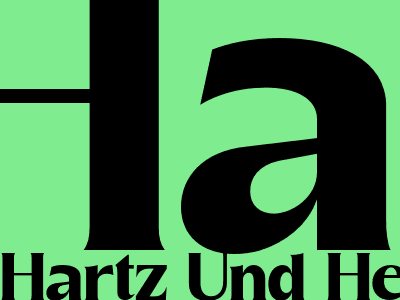
Hartz Und Herzlich Bernd Krefeld
Hartz Und Herzlich Bernd Krefeld: The Rise and Fall of a German Soap Opera Giant
The Early Years: A Ratings Juggernaut
Launched in 2001, Hartz Und Herzlich Bernd Krefeld quickly became a ratings juggernaut in Germany. The soap opera, set in a fictional town, chronicled the lives of a group of working-class families living in poverty. The show's focus on social issues and its realistic portrayal of life in the lower socioeconomic strata resonated strongly with viewers, propelling it to the top of the ratings charts.
The Golden Age: Cultural Phenomenon
At the height of its popularity, Hartz Und Herzlich Bernd Krefeld was more than just a television show; it became a cultural phenomenon. The characters became household names, the storylines were debated in public forums, and the show's catchphrases entered the German lexicon. The soap opera had a significant impact on German society, raising awareness of poverty and social inequality and sparking conversations about these issues.
The Decline: Changing Tastes and Competition
However, over time, the ratings for Hartz Und Herzlich Bernd Krefeld began to decline. The show's formulaic storylines and predictable characters grew stale for some viewers, and the rise of streaming services and on-demand content provided viewers with more diverse and compelling options. Additionally, the show's focus on social issues, while once considered groundbreaking, became less relevant as society's attitudes towards poverty and inequality evolved.
The End of an Era: Final Episode
In 2023, after 22 seasons, Hartz Und Herzlich Bernd Krefeld aired its final episode. The show's demise marked the end of an era in German television and left a void in the hearts of its loyal fans. While the show may have lost its luster in its later years, it remains a testament to the power of television to reflect and shape society.


Komentar